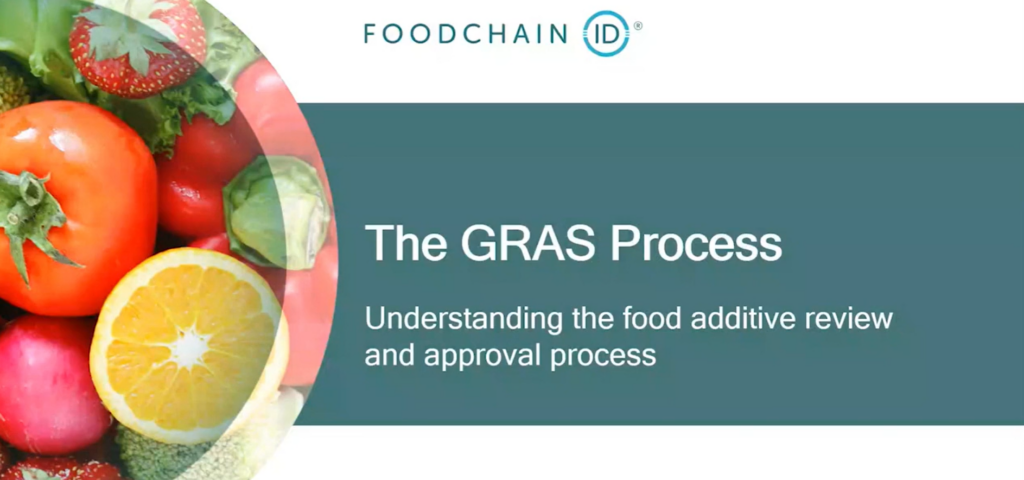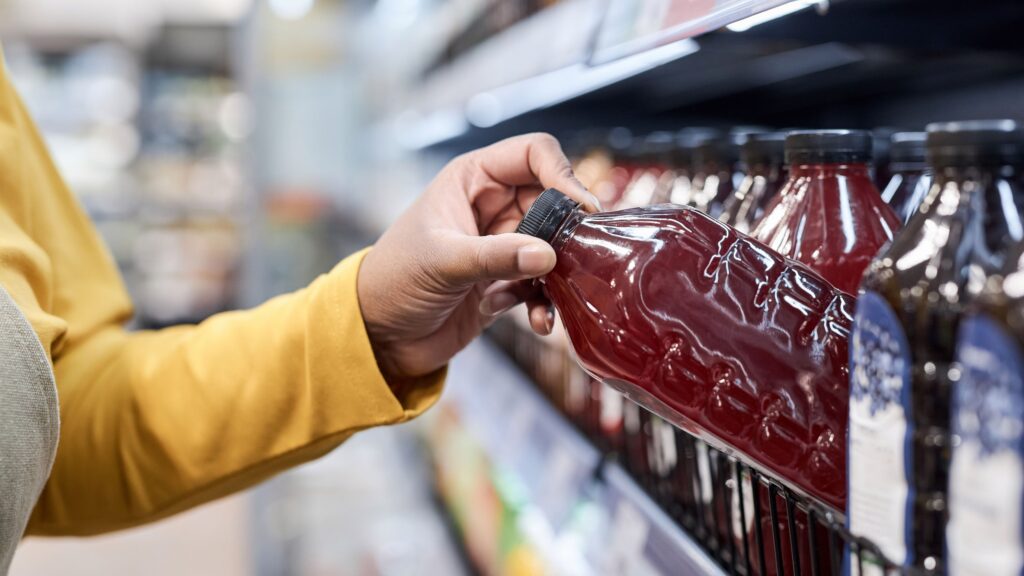In today’s ever-evolving food industry, the safety and compliance of ingredients are paramount. The FDA’s GRAS (Generally Recognized as Safe) designation is a critical aspect of this landscape, providing a framework for evaluating the safety of food substances. This article delves into the intricacies of the FDA’s GRAS process, highlighting its importance and how FoodChain ID’s solutions can assist in navigating this complex regulatory environment.
What is GRAS?
The GRAS designation is part of the FDA’s regulatory framework, which ensures that food additives are safe for consumption. According to the FDA, a substance is considered GRAS if it is generally recognized, among qualified experts, as having been adequately shown to be safe under the conditions of its intended use. This recognition can be based on scientific procedures or, in the case of substances used in food before 1958, through experience based on common use in food.
The Importance of GRAS
For food manufacturers, achieving GRAS status for ingredients is crucial. It not only ensures compliance with regulatory standards but also enhances consumer trust and marketability of the products. Non-GRAS ingredients can lead to significant legal and financial repercussions, including product recalls and damage to brand reputation.
The GRAS Process
- Self-Affirmation vs. FDA Notification: Manufacturers can self-affirm GRAS status by having their safety determination reviewed by qualified experts. Alternatively, they can submit a GRAS notification to the FDA for review. The latter, while not mandatory, provides an added layer of credibility.
- Scientific Evaluation: The core of the GRAS determination is a rigorous scientific evaluation. This involves comprehensive safety assessments, including toxicological studies, exposure assessments, and reviews of existing literature.
- Public and Expert Scrutiny: The FDA encourages transparency and often makes GRAS notifications publicly available for review. This allows for scrutiny by other experts and the public, ensuring the robustness of the safety determination.
Challenges in Achieving GRAS Status
Navigating the GRAS process can be complex and time-consuming. Manufacturers must compile extensive data, coordinate with scientific experts, and ensure meticulous documentation. The process demands a deep understanding of regulatory requirements and scientific standards.
How FoodChain ID Can Help
FoodChain ID’s Recipe & Specifications solution is designed to streamline the GRAS determination process. Here’s how it can assist:
- Centralized Data Management: Our platform centralizes all ingredient data, ensuring that manufacturers have a single source of truth for all relevant information. This minimizes errors and simplifies the data compilation process required for GRAS determinations.
- Regulatory Compliance Automation: The solution automates many compliance processes, reducing the administrative burden on manufacturers. It ensures that all regulatory requirements are met, and documentation is properly maintained and easily accessible.
- Expert Collaboration: FoodChain ID’s extensive network of experts provides valuable support throughout the GRAS determination process. From scientific evaluations to regulatory submissions, our team offers the expertise needed to navigate the complexities of FDA requirements.
- Enhanced Transparency: By facilitating transparent and efficient communication between manufacturers and regulatory bodies, our platform helps ensure that the GRAS determination process is as smooth and effective as possible.
Success Stories
Many leading food companies have successfully navigated the GRAS process with the help of FoodChain ID. For instance, Kellogg’s and Quorn have streamlined their regulatory compliance and product development processes, achieving significant efficiency gains and ensuring their products meet the highest safety standards.

Conclusion
Achieving GRAS status is essential for ensuring the safety and compliance of food ingredients. With the FDA’s rigorous requirements and the complexities involved, manufacturers need robust tools and expert support. FoodChain ID’s Recipe & Specifications solution provides a comprehensive platform to manage and streamline the GRAS determination process, ensuring that food products are safe, compliant, and trusted by consumers.
By leveraging advanced data management, automation, and expert collaboration, FoodChain ID empowers food manufacturers to confidently navigate the regulatory landscape and focus on innovation and growth. Visit FoodChain ID to learn more about how our solutions can support your GRAS determination process and overall product development lifecycle.









